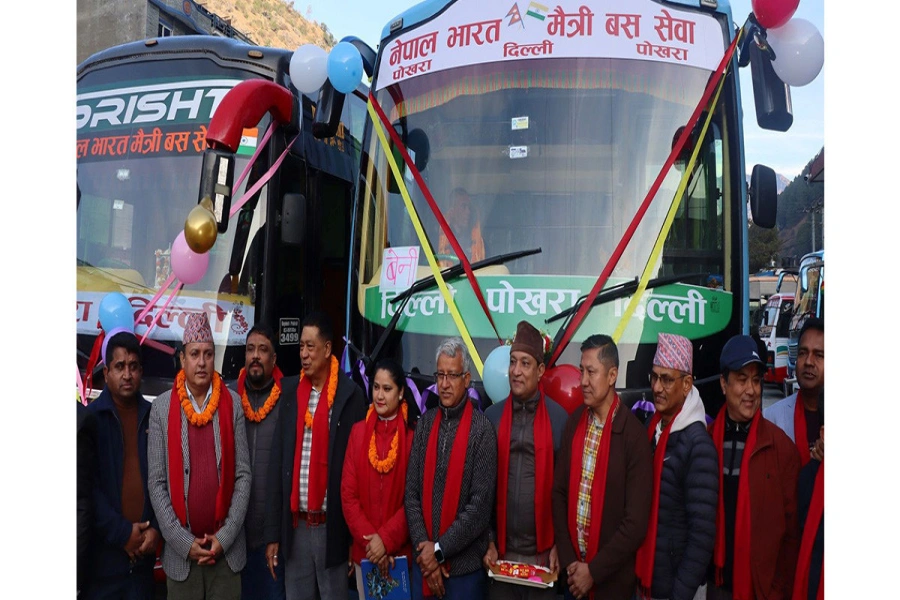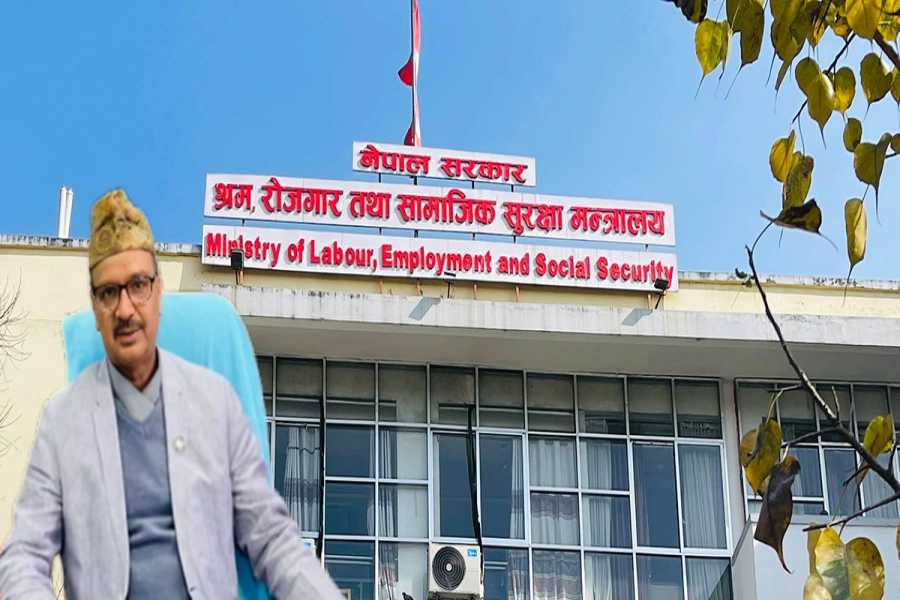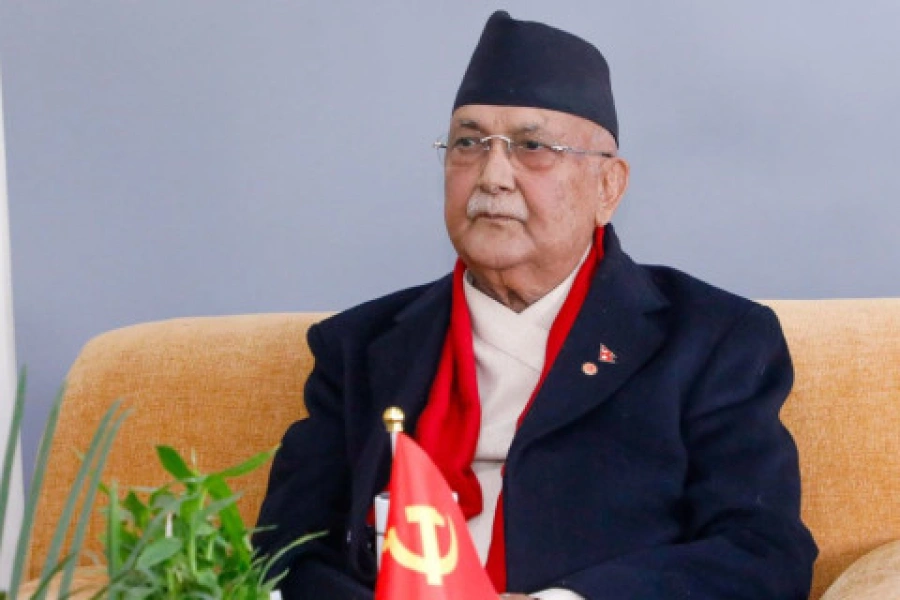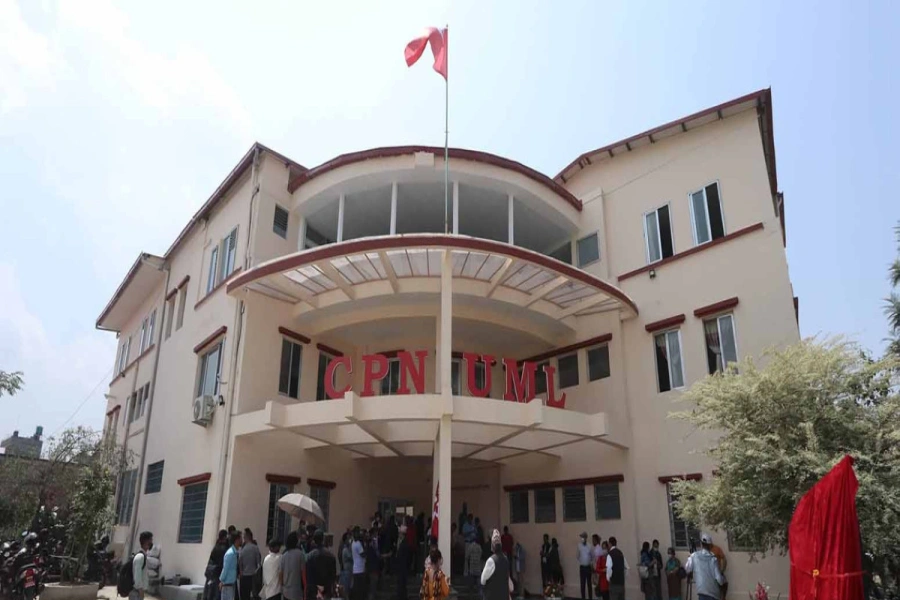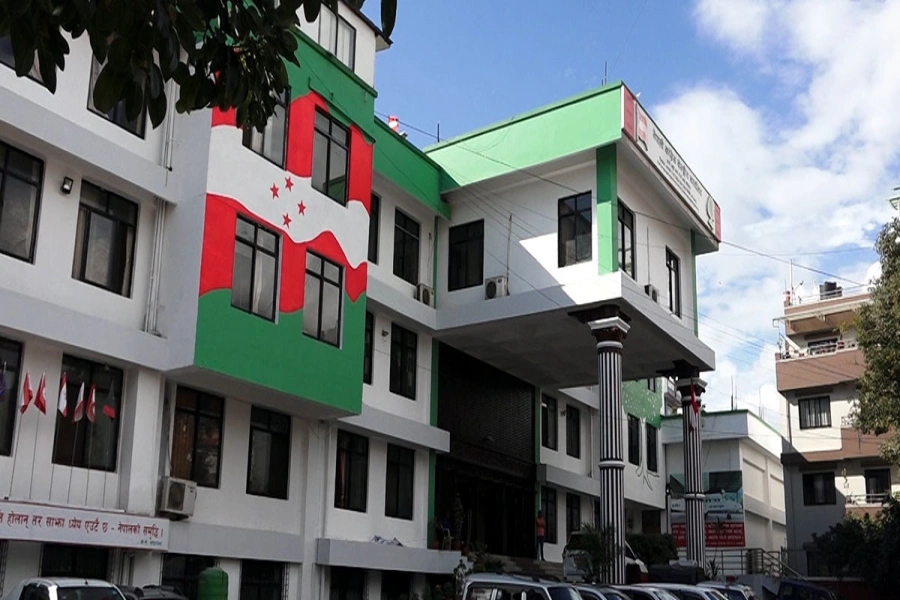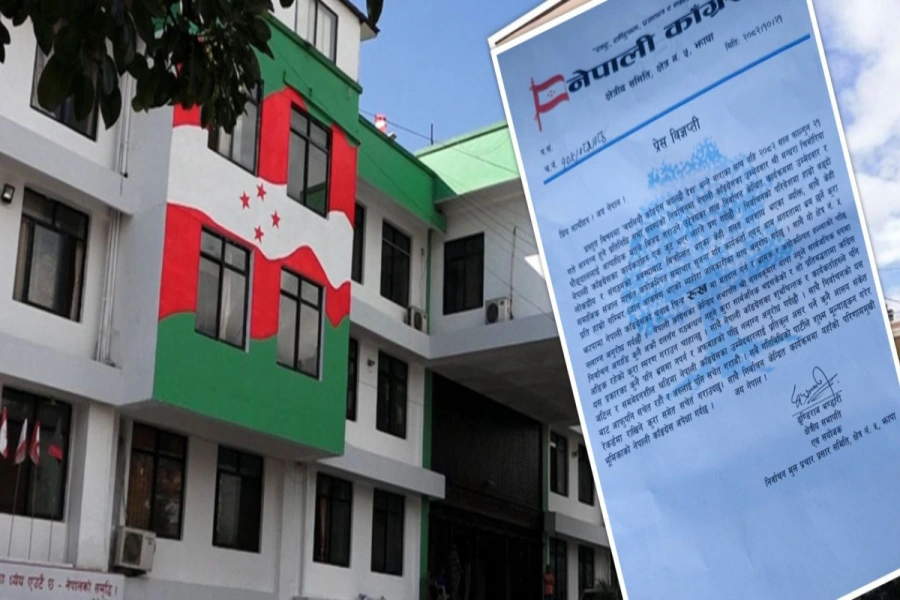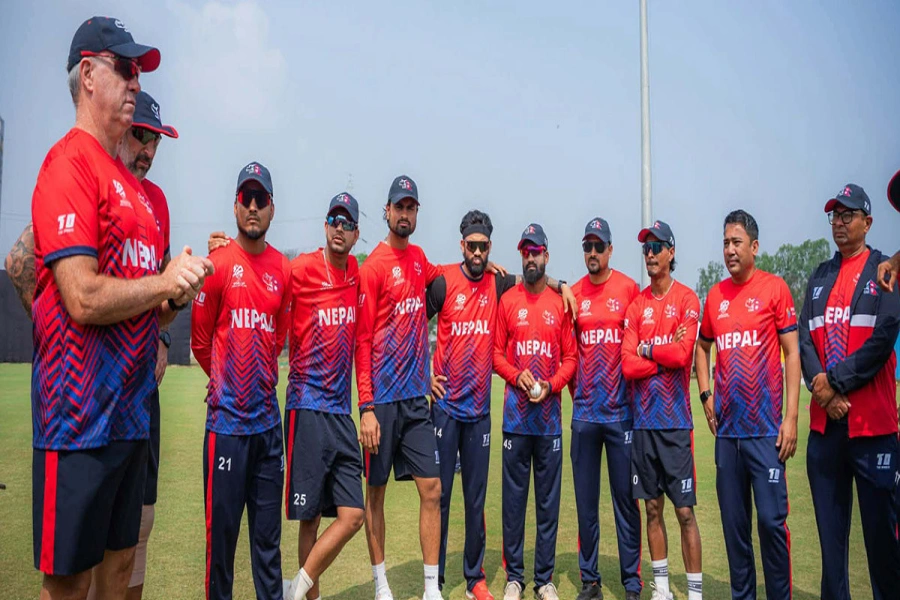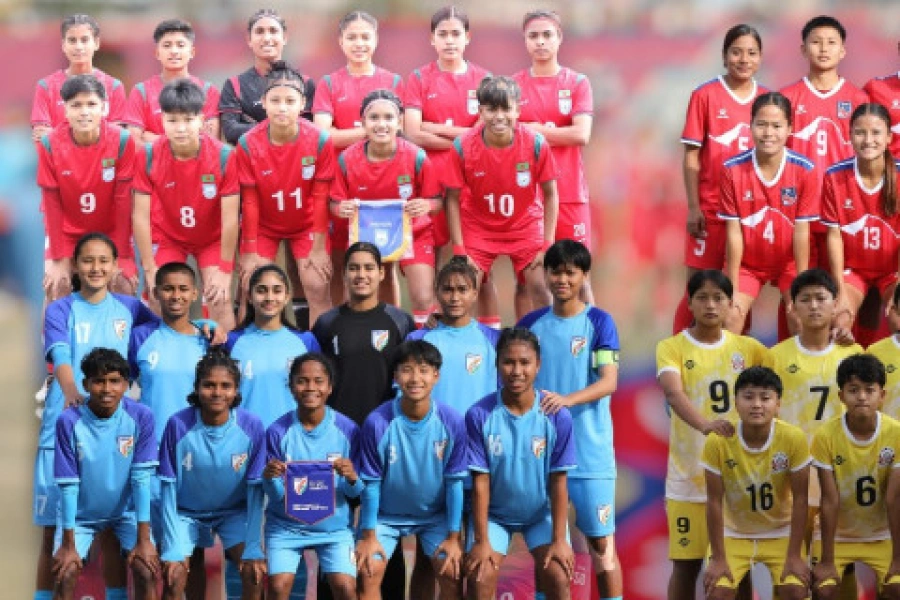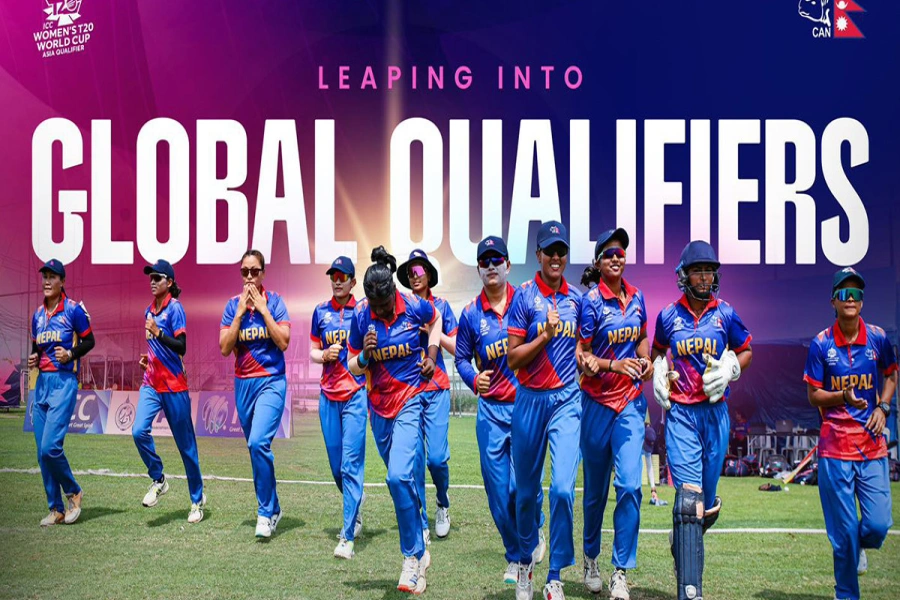KATHMANDU, March 22: The Supreme Court (SC) has upheld the Special Court’s decision on a 12-year-old corruption case involving the Employee Provident Fund (EPF) and a private textile company. A joint bench of SC Justices Saranga Subedi and Abdul Ajeej Musalman issued the verdict on the case on Thursday.
The Special Court had decided that a loan that was sanctioned from the Employee Provident Fund (EPF) to Silver Fiber Textile Mills Pvt Ltd based on fabricated documents produced by the company was a corruption offense. The court made its decision on the grounds that the loan was sanctioned on the basis of a false report, causing losses to the EPF.
Kishor Baskota, financial adviser of Silver Fiber Textile Mills, was also sentenced to six months in prison. Dinesh Nath Chalise, consultant engineer, and the staff of Nepal Bangladesh Bank were acquitted by the court saying that they were not involved in any wrongdoing. Against the decision of the Special Court, the Commission for the Investigation of Abuse of Authority (CIAA) filed an appeal at the SC.
The decision of the Special Court was upheld by the SC. However, the text of the decision has not been made public. In the case, Judges Gauri Bahadur Karki, Kedar Prasad Chalise and Om Prakash Mishra of the Special Court sentenced the operator of the mill, Thakur Prasad Thapa, to imprisonment.
High-profile corruption cases pending at Supreme Court for two...

Thapa had generated a fraudulent audit report of the mill which was bearing loss and secured a loan from the EPF by falsely claiming that the mill was making profits. Then, the mill incurred further losses and eventually collapsed. Following this, the CIAA filed a corruption case at the Special Court.
The corruption case was filed against the directors of Silver Fiber Textile Mills Pvt Ltd, Gaudakot, on May 13, 2009. The case implicated Thakur Prasad Thapa, Jeevan Bista, Kishor Baskota, Dinesh Nath Chalise, former managing director of Nepal Bangladesh Bank Narendra Bhattarai, assistant manager Balakrishna Sharma, bank official Ujjwal Pandey, and others, including Rajesh Rajkarnikar.
Under Nepal Bangladesh Bank's leadership, a loan of Rs 100 million was provided to the mill from the Employee Provident Fund (EPF). The CIAA filed a case at the Special Court claiming that corruption had been committed by causing losses to the EPF, profiting the textile mill and reaping commissions worth tens of thousands of rupees.
The audit report submitted by Thakur Pratap Thapa, Jeevan Bista, financial analyst Kishor Baskota, and consultant engineer Dinesh Nath Chalise contained false claims about textile and towel production and their export to other countries.
False documents were submitted to obtain the loan from the EPF in the industry's name. The CIAA filed a case against nine individuals, including the industry operator, the accountant involved in fabricating false documents, and an employee. An audit report revealed the industry's losses during tax payments.
Following the registration of the appeal petition at the Supreme Court, the case was first scheduled for a hearing on April 3, 2012, by a joint bench comprising Justices Damodar Prasad Sharma and Girish Chandra Lal. However, the trial was adjourned at the beginning by the plaintiff’s legal representatives. After that, another hearing on the case was postponed, once again by the plaintiff's legal representative, on May 27, 2012.
Thereafter, a joint bench of Justices Damodar Prasad Sharma and Tarkaraj Bhatta ordered the settlement of the dispute. However, the legal representatives of both parties repeatedly postponed the case. Generally, there is a legal provision allowing legal practitioners to adjourn a case up to three times.
In this case, the plaintiff's legal representatives adjourned the case 15 times. Despite numerous adjournments, the corruption case, which has faced several delays in hearings, was scheduled twice in 2020, once in 2021, twice in 2022, and nine times in 2023.
Several other old corruption cases have been pending at the Supreme Court for an extended period. More than 4,000 cases have been awaiting resolution at the Supreme Court for over five years, some dating back as many as 16 years.



